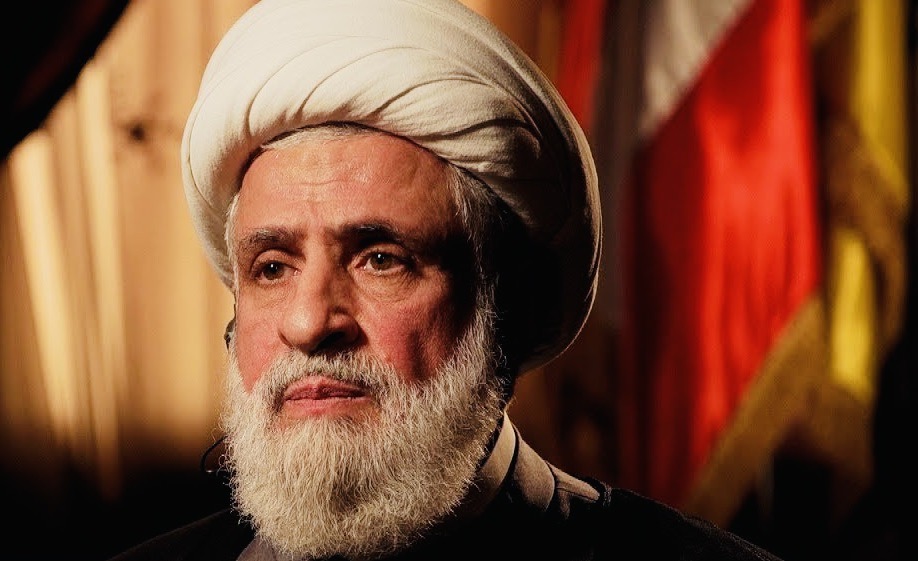Lebanon is recklessly jeopardizing its sovereignty and its future as a nation, not to mention the safety of its citizens, by allowing Hezbollah to chart its destiny.
Hezbollah, having fired thousands of rockets, missiles and drones at Israel since last October, is almost entirely responsible for Israel’s unavoidable decision to invade southern Lebanon on September 30 and bombard Hezbollah’s military infrastructure throughout Lebanon.
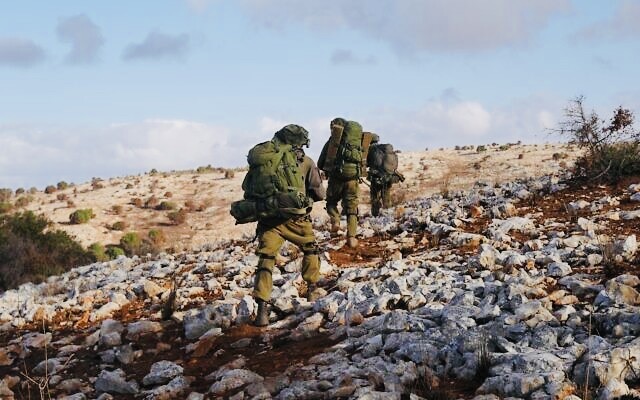
Yet the weak and ineffectual Lebanese government also bears responsibility for this calamity because it has done absolutely nothing to rein in Hezbollah, a Shiite Muslim militia devoted body and soul to Israel’s destruction and extending Iran’s baneful influence in the Middle East.
Hezbollah is Iran’s chief proxy in the Axis of Resistance, an unholy alliance of Middle Eastern non-state organizations dedicated to encircling and destroying Israel in a “ring of fire.” In pursuit of this goal, Hezbollah has grown into the most powerful military and political force in Lebanon and subjugated it to the whims and interests of the Iranian regime.
Iran, Israel’s deadliest enemy since the 1979 Islamic revolution, was instrumental in the formation of Hezbollah in the early 1980s and has since been its patron, funder and weapons supplier.
A surrogate of Iran, Hezbollah has essentially hijacked Lebanon to suit its own purposes and dragged Lebanon into a series of catastrophic misadventures, including the 2006 war, that have not served its national interests by one iota.
Lebanon’s tolerance of Hezbollah is reminiscent of the Lebanese government’s tolerance of the Palestine Liberation Organization, which created a state-within-a-state in southern Lebanon after the 1967 Six Day War.
From bases there, the PLO regularly fired rockets at Israeli villages and towns and attempted to execute cross-border raids, forcing Israel to mount retaliatory strikes into Lebanon. The PLO was finally expelled from Lebanon in 1982, at the tail end of Israel’s invasion, but it was a soon replaced by Hezbollah, which has exposed Lebanon to needless harm.
Yesterday, as Israel expanded its operation in southern Lebanon to root out Hezbollah and announced that Israeli forces have killed hundreds of Hezbollah fighters and once again bombed its stronghold in southern Beirut, Prime Minister Benjamin Netanyahu spoke to this point.
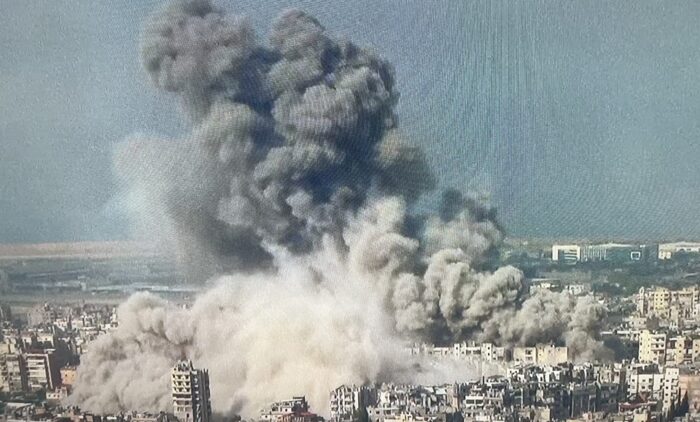
He warned the Lebanese that they could face “destruction and suffering” like the Palestinians in the Gaza Strip if they do not “free” themselves of Hezbollah. “You have an opportunity to save Lebanon before it falls into the abyss of a long war that will lead to destruction and suffering like we see in Gaza,” he said. “I say to you, the people of Lebanon: Free your country from Hezbollah so that this war can end.”
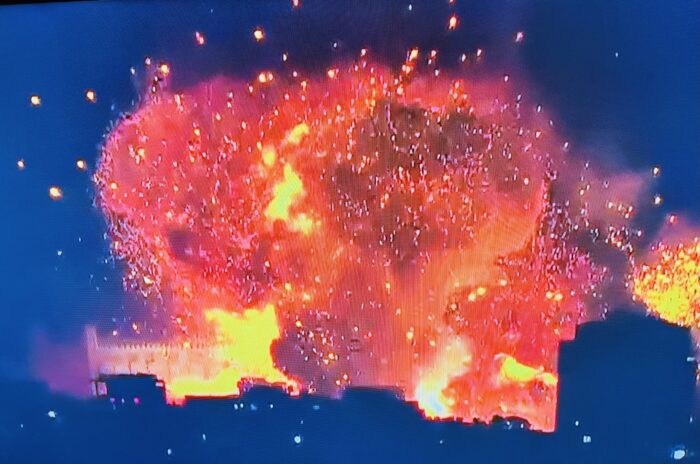
The current fighting can only end if Hezbollah scrupulously abides by two United Nations resolutions.
Resolution 1559, adopted on September 2, 2004, called on Lebanon to establish its sovereignty over all its territory and on Hezbollah to disband and disarm. Resolution 1702, passed on August 11, 2006 following the second war in Lebanon, required Lebanese army soldiers and United Nations peacekeeping troops to be deployed south of the Litani River, a distance of some 30 kilometers from Israel’s border. Under the terms of this resolution, no other armed force, including Hezbollah, can deploy fighters in this buffer zone.
Hezbollah flagrantly disregarded these resolutions, building a formidable military infrastructure there and alarming Israel. And what did the Lebanese government do in the face of these blatant violations? Nothing!
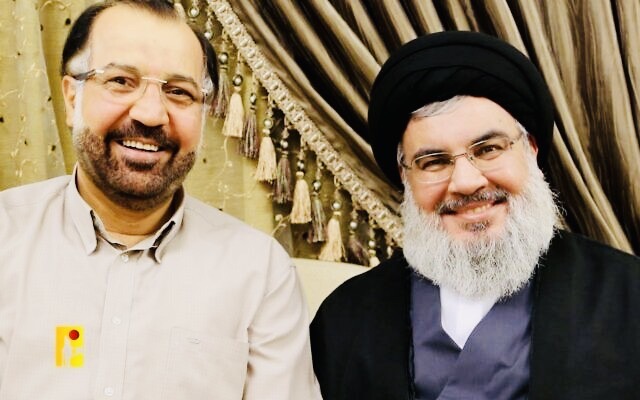
Lebanon was similarly passive following Hezbollah’s continual bombardment of northern Israel from October 8, 2023 onward. Its late secretary-general, Hassan Nasrallah, who was killed in an Israeli air strike in Beirut recently, justified Hezbollah’s aggression on the basis of showing solidarity with Hamas, which ignited the war in the Gaza Strip after killing roughly 1,200 Israeli civilians and soldiers and kidnapping 251 people in southern Israel on October 7.
Until his dying day, Nasrallah said he would observe a ceasefire in Lebanon only after Israel agreed to a full withdrawal and a truce in Gaza, a demand that Israel rightly rejected.
Nasrallah’s deputy, Naim Qassem, said yesterday that Hezbollah endorses efforts to reach a ceasefire in Lebanon. Interestingly enough, he omitted any reference to a truce in Gaza as a precondition to halt hostilities in his country.
Prior to making this announcement, he claimed that Hezbollah’s military capabilities were intact, that it had escalated its rocket attacks on Israel (Haifa has born the brunt of it of late), and that it was ready for further clashes with Israeli troops in southern Lebanon.
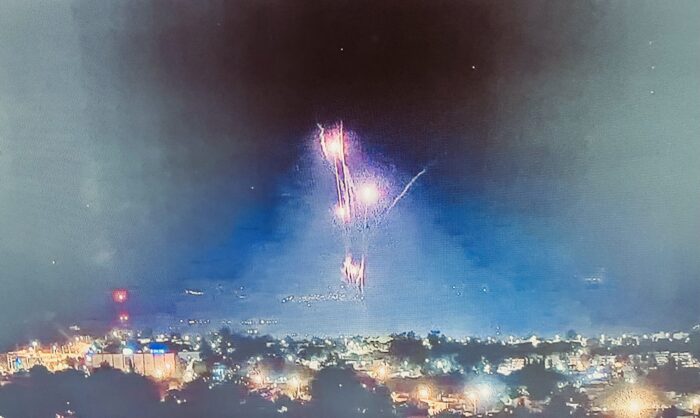
It is debatable why Qassem has apparently taken the bold initiative to delink Lebanon from Gaza. His volte face may be connected to Israel’s military successes in Lebanon so far. Defence Minister Yoav Gallant said yesterday that Hezbollah has been “battered and broken” by Israel’s relentless strikes on its strongholds and the assassination of its commanders and leaders.
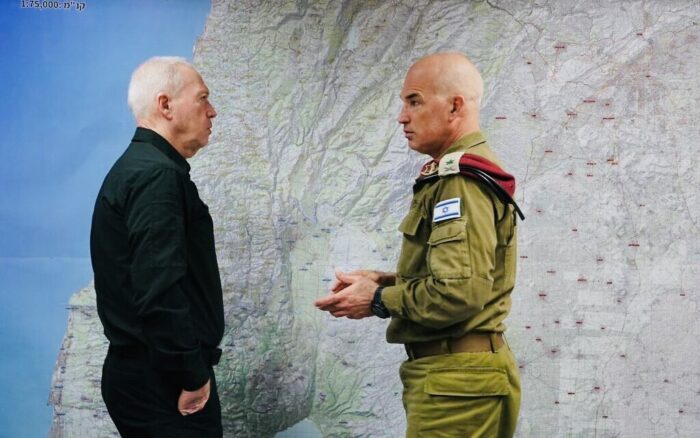
If there is to be a ceasefire, stringent conditions should apply.
Hezbollah must pull all its forces out of the south to a line north of the Litani and state publicly and in writing that it will no longer attack Israel and thereby allow 60,000 displaced Israelis to return to their homes near the Lebanese border. Every last Hezbollah command post, arms depot, bunker, fortification and tunnel will have to be destroyed. The Lebanese army must be deployed in southern Lebanon, alongside the United Nations Interim Force in Lebanon.
Last but not least, Israel and Lebanon, which designated their maritime border last year, should formally demarcate their land border and sign a peace treaty in the near future.
There is no logical reason why Israel and Lebanon cannot be good neighbors. But this scenario can only be fulfilled after Hezbollah is defanged and Iran is drastically shorn of its outsize influence in Lebanon.
